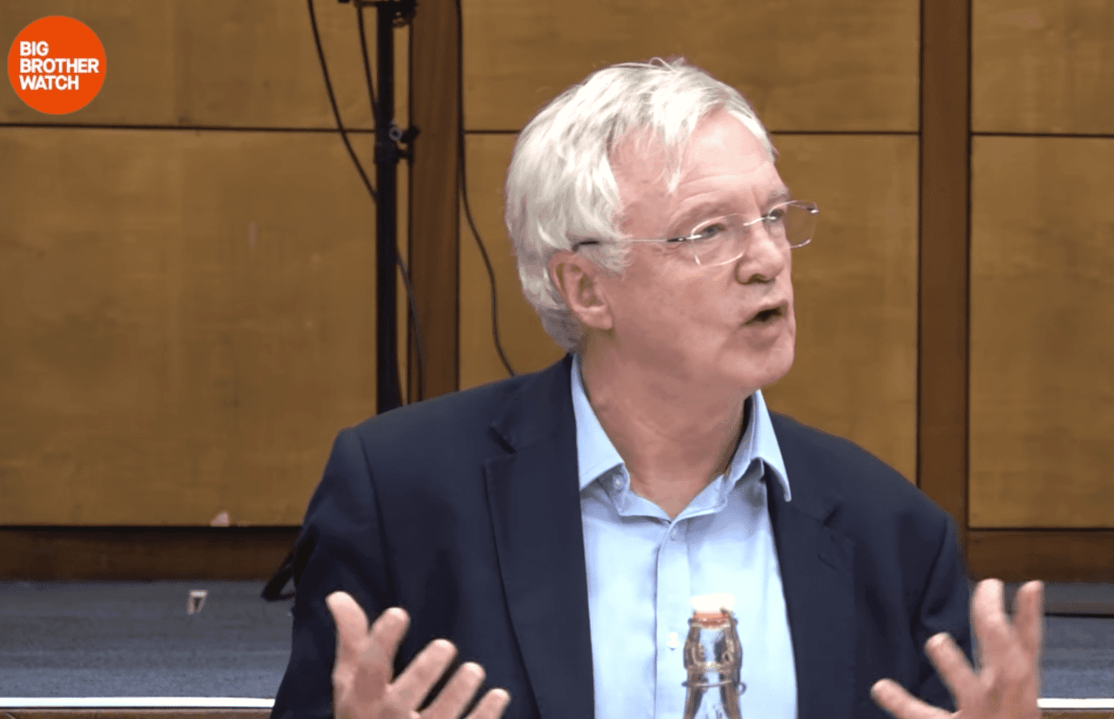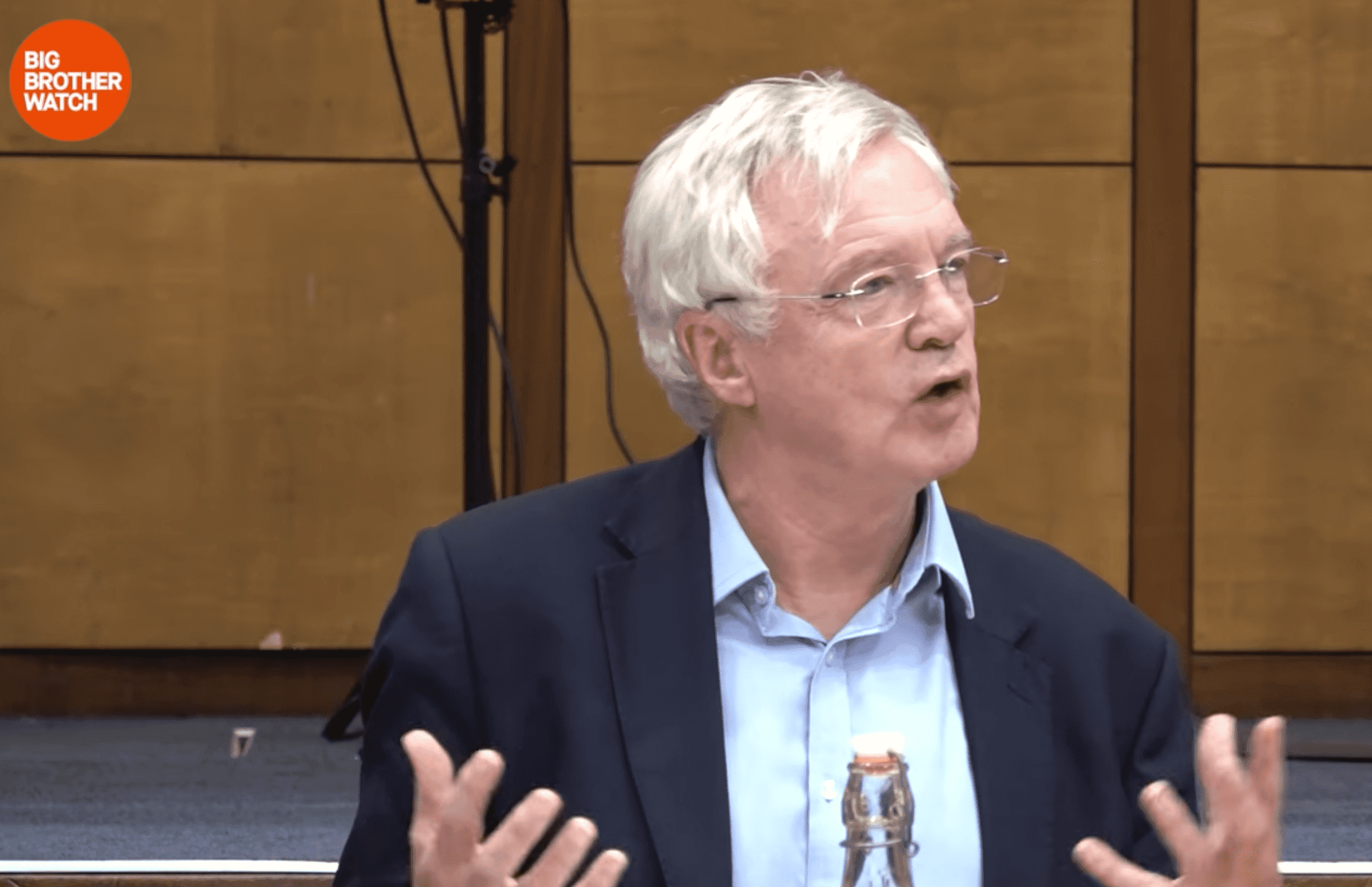Oh dear. Today sees the resumption of hearings by a joint committee of MPs and peers into the Online Safety Bill to update regulate of social media companies. And, with exquisite timing, one of those Silicon Valley giants has created something of an online storm by censoring one of the most respected backbenchers in the House of Commons.
The MP in question is David Davis – widely regarded across the House for his staunch support of civil liberties. Davis has been one of the most ardent critics of ‘vaccine passports,’ warning that they are unwarranted and unnecessary in the battle against Covid. Now a speech he made to the pressure group Big Brother Watch has been removed by YouTube on the grounds that it ‘contradicts expert consensus’ – whatever that means.
In the censored speech, Davis promoted vaccine benefits but warned that Covid IDs are ‘illiberal, demanding that we, an ordinary British citizen, produce our papers to do something which is normal in our daily lives.’ YouTube removed the backbencher’s speech, filmed at Big Brother Watch’s fringe during the Conservative party conference, for violating its policy on ‘medical misinformation’ – but refused to specify what content had breached the rules.
Big Brother Watch, which is leading the national campaign against domestic Covid passes, has said that the group has never received enforcement from YouTube or any social media platform before, and is mounting an appeal to the company’s decision. Davis meanwhile maintains his speech was ‘wholly accurate’ and that YouTube’s claims regarding his comments are ‘potentially libellous.’
He said: ‘My speech at conference was carefully researched, wholly accurate and backed up with the latest scientific evidence. The unambiguous attempt by YouTube to censor my speech is a warning. If YouTube is happy to attempt to silence elected Members of Parliament, then they are also happy to censor anyone uploading content to their services. The government must stop the erosion of free speech online – that starts with looking again at the wholly inadequate proposals in the Online Safety Bill.’
The question is: will they?








Comments